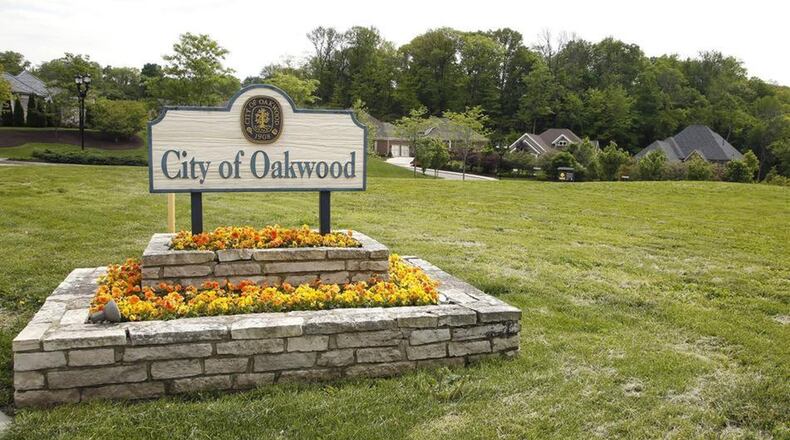The city will begin the year with a balance of $10 million, City Manager Norbert Klopsch said. That will go along with $9.6 million in projected revenue, he said, and will leave Oakwood in good financial shape.
MORE: Oakwood residents saddened by closing of longtime barbershop
“For the 2019 budget, we are proposing a balanced budget,” he said. “This is the first year since the loss of the estate tax in 2013 that we have been able to present a balanced budget, and that is very significant.”
The challenge of having a balanced budget arrived with the 2013 end of Ohio’s estate tax, which contributed an average of $2.6 million a year to the city over the past decade.
In part because some people in the city of more than 9,000 residents leave bigger inheritances than average, what had been very good for Oakwood left a bigger void there than elsewhere.
MORE: Federal charges filed against former Oakwood public safety director
“Fortunately for our community, in the roughly 10 to 15 years before that tax was eliminated, we received significant amounts of money and for the most part, those dollars allowed us to address major facility needs for the Public Works Center and here at the Public Safety/City Administration Building,” Klopsch said. “When we lost that money in 2013, effectively that entire line item, which represented about 20 percent of our total revenue, disappeared and we then had to work on how to cut spending and find other ways to generate revenue.”
A 10 percent reduction in the credit for the earnings tax or the municipal income tax enacted in Oakwood has helped offset the loss of revenue from the end of the estate tax and helped the city to have a balanced budget for 2019, city leaders said.
Over the past four or five years, overall staff in Oakwood government also has been reduced by about 10 percent.
And in November, voters approved a renewal of a 3.75-mill property tax levy that was first enacted in 2013. The issue raises about $1.06 million annually and pays for Oakwood public services including police, fire and EMS, street maintenance and public parks.
The levy costs about $102 per year for the owner of a $100,000 house.
“It was needed in direct response to the loss of the estate tax and other cuts to local government funding that were imposed by the state of Ohio,” Klopsch said.
Income tax revenue has also experienced steady growth in Oakwood, with over $7 million in 2018 and a projected $7.85 million in 2019. Property tax revenue is expected to generate $2.5 million in 2019, which matches the same amount it brought in in 2018.
“Income tax represents about 60 percent of our revenue,” Klopsch said. “There is almost $50,000 more in revenue then what we will spend in 2019. The budgeted spending for 2019 interestingly matches budgeted spending back in 2008.”
For 2019 there will be a $3 per month increase for refuse services but no increases for the other utility services.
MORE: Frozen dog kept as evidence now missing from embattled animal shelter
About the Author
